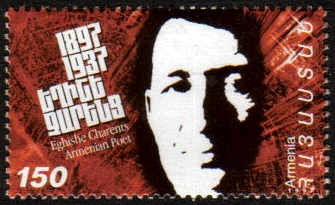

|
Armenian News Network / Groong
April 26, 2010
By Bedros Afeyan
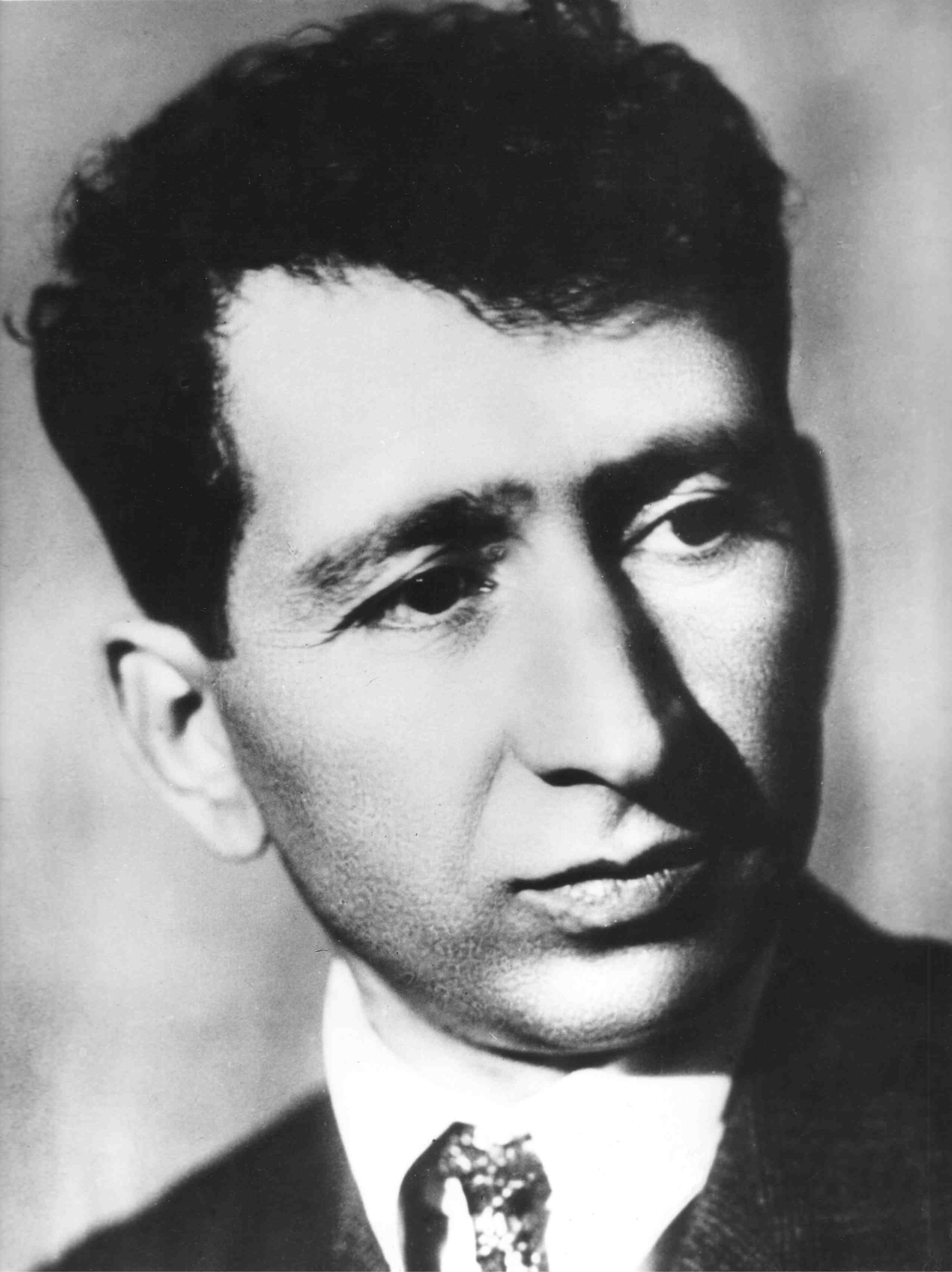
|
| Yeghishe Charents |
CHARENTS: IN SEARCH OF MY ARMENIAN POET by Shareen Anderson is an ideal romp through the chaotic life of a brilliant, tempestuous, once conformist (toeing the communist line, an enthusiast of the initial revolutionary fervor), once in revolt (when he saw what they had become he could not help but return to nationalistic themes), once in every woman's bed, once an ascetic prophet, a futurist, a symbolist, a naturalist, but always a creative outburst fountain of an Armenian people's poet, Yeghishe Charents (born Yeghishe Soghomonian, 13 March 1897, Kars - died 29 November 1937, Yerevan). I strongly recommend that you see this masterpiece with its thick forest of meaning and seemingly breezy but magnetically captivating construction and style in a 2009 documentary.
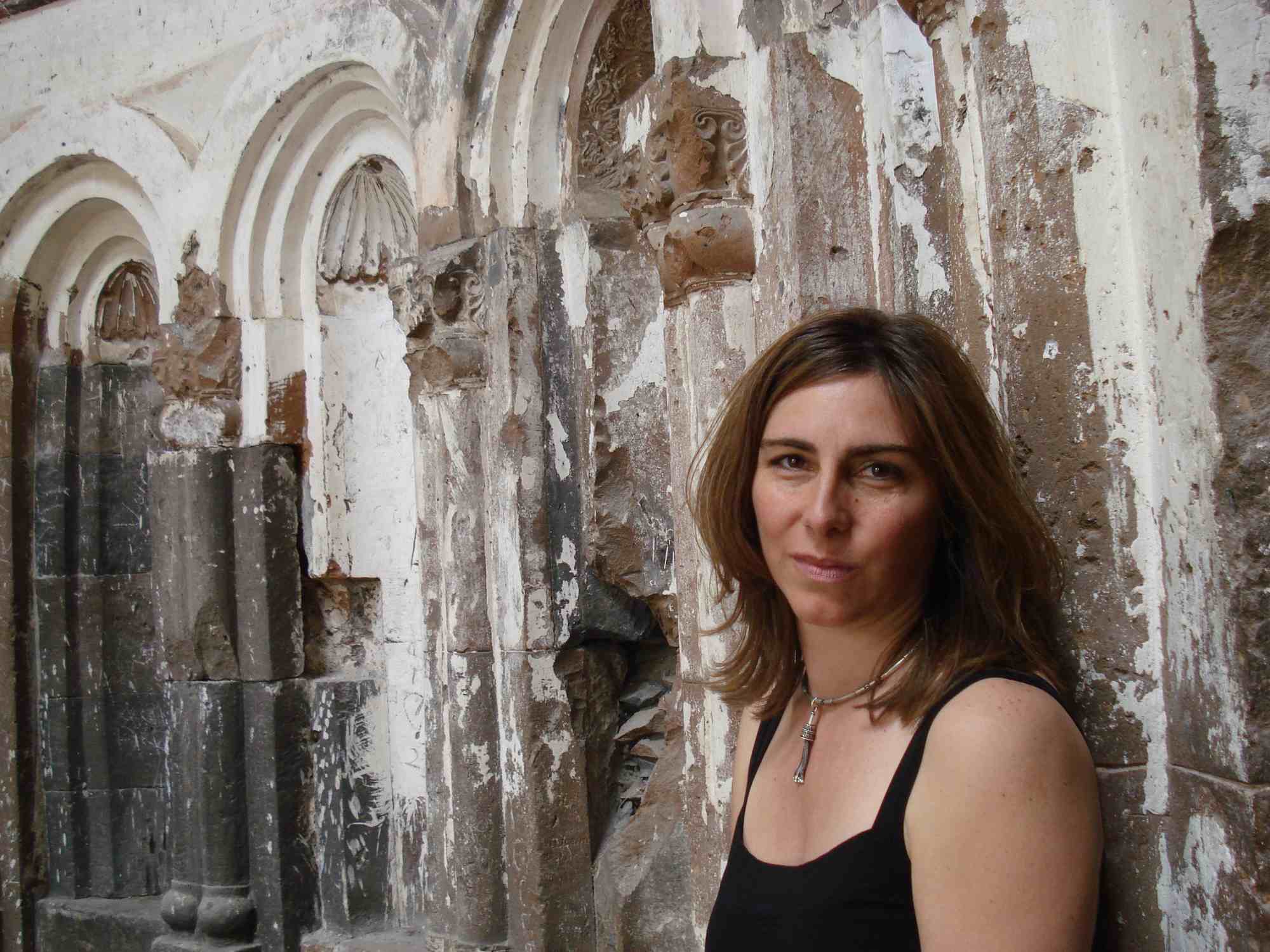
|
| Shareen Anderson |
There are documentaries that make you squint and delve in so as to reach, after much chaff, smoke, fog, traffic jams of sound and image, some semblance of a message, a clear vision, a truth that shows its reflection clearly when all the noise is lingeringly dimmed. That is the common reputation of documentaries, which are oft excused because they are shoe string funded for the most part, because primary sources and documents are either non existent or contraband. Because lives are at stake and reputations and careers of minor poets or composers or prostitutes or do-gooders are involved whose name or myth has been turned into a minor industry and so who is this impostor, flighty film camera at hand, enthusiast, here to destroy it all in the name of furthering the sacred cause?
In a real Heisenbergian sense, a documentary film maker could alter the very reality (in this case the preservation of a collective memory bound reality) upon which she proposes to express herself. This is *not* the case with Shareen Anderson and her Asia Minor Masterpiece, Charents: In Search of My Armenian Poet. This is a very successful piece of authentic documentary film making of a vibrant, compelling variety. You learn a whole lot about the place, the time, the impact and the destiny of this legendary poet killed in Soviet prisons after being lauded as the people's revolutionary hero. A poet who witnessed the Armenian genocide as a young teenager and tried to fight the evil Turkish Empire only to have to leave Kars, his ancestral birthplace never to return again, to enter 1920's Caucasian transfiguration politics, a heavy supporter of the promise of communism, only to be severely disappointed by its diabolical dimensions, to speak his mind and pay the ultimate price in 1937 as part of the great Stalinian purge of all opposition and all objection to that state run criminal enterprise that was to last another 54 years...
Yeghishe Charents is by now as much myth as man. He was lauded and then banned and then trickled back into existence in the Soviet Union and then in the independent Republic of Armenia after that unmistakable grip of the almighty union collapsed. There are so many strands to Charents' story and more even in Shareen's headlong search for those vanished untold and retold stories. There are so many angles and plot points, artistic zeniths and gorges of defeat and tragedy to consider, not to say anything of dead ends and trails that run dry upon further inspection. There is binge drinking and womanizing, and the blessings of exalted poetry chiseled on an Armenian mountain for generations to breath in and hold close to their yearning hearts. This is Charents whose trials and tribulations, about turns and returns, outbursts and excesses would have done Lord Byron proud, but in Soviet hands, could lead nowhere but to decisive prison torture and swift death.
So the martyr and the prophet endure. Every Armenian knows the song/poem Yes Im Anoush Hayasdani, or I, To My Sweet Armenia... Such giving spirit, forgiving, all encompassing. But what is the truth behind the myths and the canonization and sanctification over 70 years since his death? Shareen Anderson has a healthy appetite to go and find out. She does so brilliantly by way of documented journeys from Armenia to Georgia to Kars in modern day Turkey, with but poets in a small van. Most of the interviewees are poets. Some are villagers and self-professed experts. It is with great and gentle humor that she puts up with them. The legend and the truth often collide and have to be taken in stride in this work. It itself is a source of great joy and curiosity, to see these simple folk light up with the lit camera's unerring attention and make stuff up as they go along and contradict themselves and run around subjects that can be seen to be distant but also with an intimacy which is longed for but not easily found.
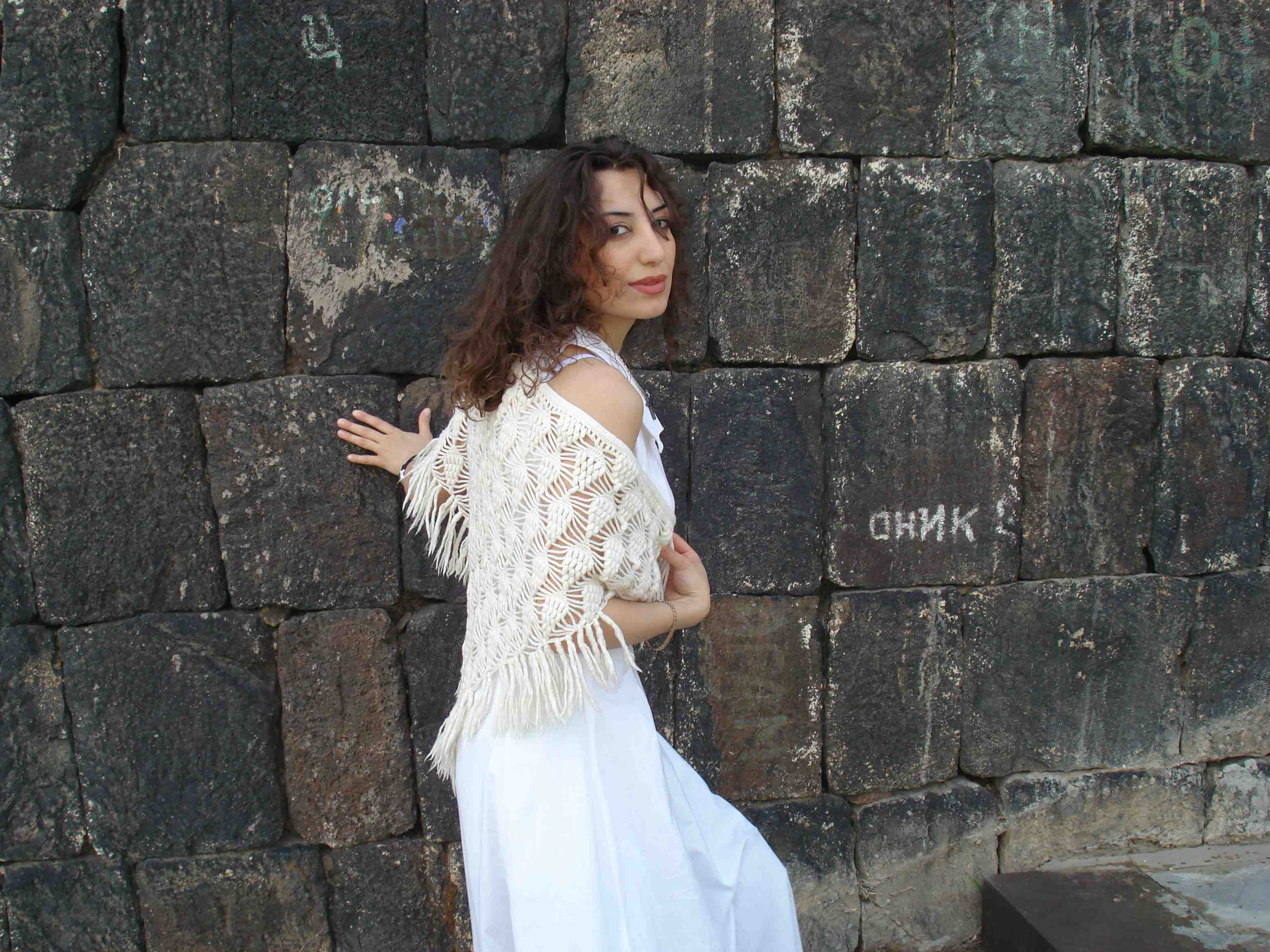
|
| Scene from "Charents" |
The truth and the merely convenient truths are close cousins in this saga. Shareen is very patient to set them apart by slowly weaving her narrative away from one and towards the other in masterful style. She lets the audience do some of that filtering too, which is quite nice. The music is Gomidas on the piano, when needed, single note droplets like rain which is not forceful but steady, nevertheless. And the camera is like a determined shepherd dog, corralling (witnessing) the strands of the story as they bleat, bleed the truth, suck in the air of nostalgia, bear their old or shiny metal covered teeth and weave further upon the evolving yarn. Shareen is patient and decisive with her plan. She will find these shades and myths and by telling and retelling them, see a portrait emerge, with children reciting his poetry, with old wrinkled literary ladies who sat at the feet of women who knew the legendary Charents and speak of the first tears they shed for him, through him, by him, as if they had been his lovers too by proxy. That kind of love that is never worldly but causes the brain to dance the light fantastic. Dikran Mansourian, famous Armenian composer speaks very eloquently in this documentary on what Charents has meant to him, as do a series of Armenian literature professors, literary association representatives and mostly poets. Stalin's terror is brought up. Charents' genius is often insisted upon and the psychological reliance a people have on his words and his passions, come clearly across the screen and will affect your mood for the better as you watch this. If you could rush out and buy a Charents book of verse and see him use beautifully musical, lyrical gentleness for every occasion or utterance, you would. This is how powerful Shareen's magic lantern will be for you, trust me. Go and see this film.
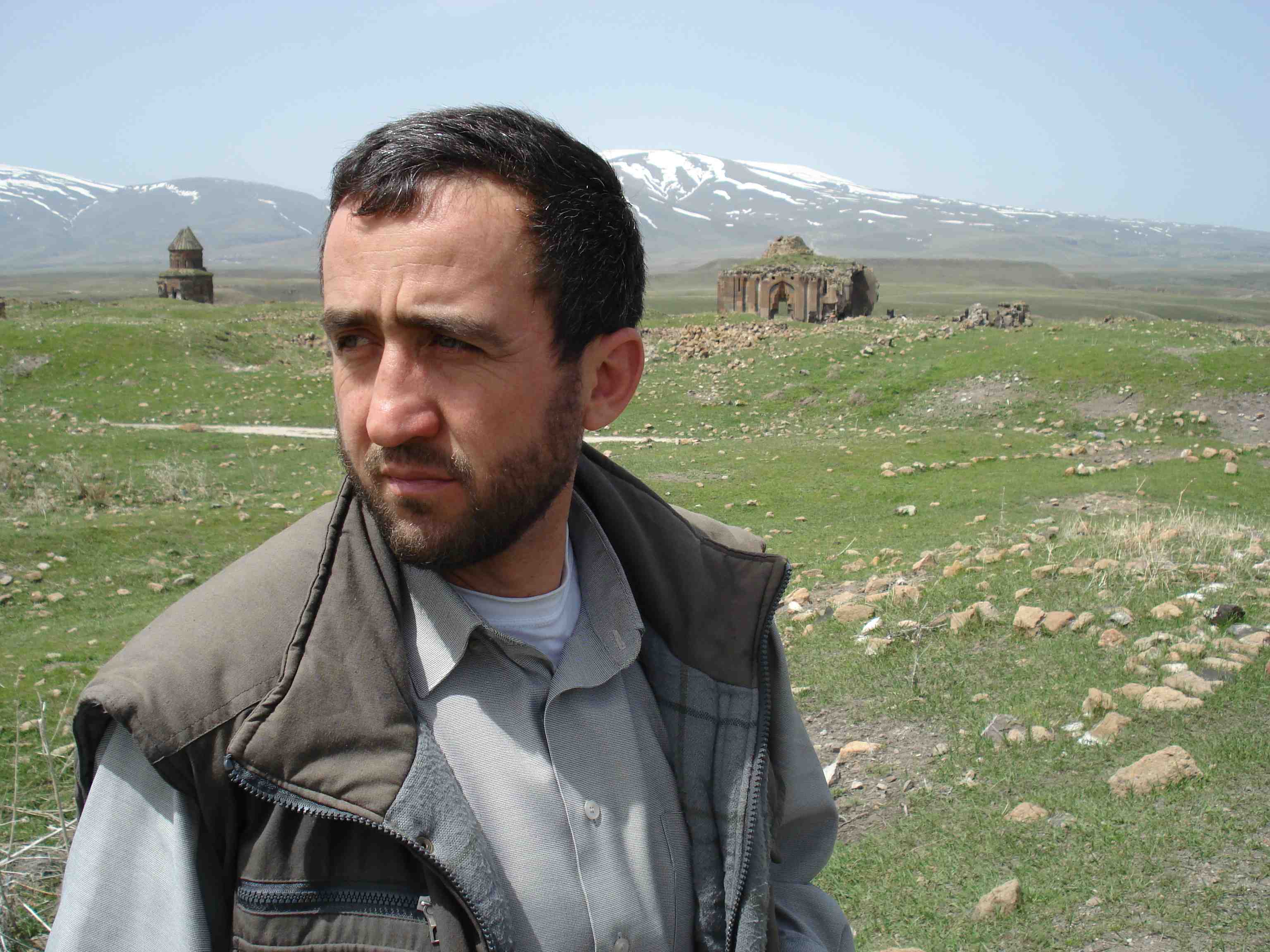
|
| Scene from "Charents" |
The structure of the film resembles closely the riffs and rises that a poet feels welling up inside of him mostly intuitive in nature and initial construction, which compel him through their aggregate action to recall or record emotions, to denote, to depict, to decipher the inner turmoils, the visions and revulsions, the den of mounting operatic trills and sulking pleas, the passion cries, the silent yearning for the untouchable, unknowable, unownable night with a sliver streaked moon and a lover's dress, soft perfume. It is this Charents, the lover, the paper warrior, the believer, the conviction spreading, not to say initial propagandist, and thus tolerated thinker and the snuffed out rebel, that every Armenian wishes he could be. Shareen presents the elements of that tormented life, especially as regards its traces left on Armenian family trees and branches far and wide with the soft touch of a profoundly lovely poem written in one sitting under melting, fading, folding candle light, then hidden below floor boards to keep from the wrong hands, the sniffing dogs and traitors and whispering neighbors till the published remnants alone shine decades later under the morning sun of a reborn nation still looking for justice and a claim to its own history, inconvenient to the bullies and bull dogs in the neighborhood, alas, to the neighborhood that owes the Armenian spirit its very existence.
Shareen Anderson has worked on over 40 hours of programming for television broadcast. Together with Lisa Henry of Left Hand Films, Shareen co-directed and co-produced Forgotten Freedom Fighters, a one hour documentary film for Al Jazeera English, as well as the critically-acclaimed eight episode documentary series Saving Soweto, also for Al Jazeera English. Saving Soweto has been nominated for an award at New York Festivals in the category of best health documentary.
Shareen and Lisa are currently in post production on a one-hour documentary on crime in South Africa. The film examines how various communities are tackling one of the biggest issues facing South Africa today and asks what possible solutions are out there.
Other past films Shareen has worked on include Prison Town U.S.A., a feature length documentary about prison expansion for the P.O.V. strand on PBS, Families: The Wonder of Toddlers also for PBS, Beyond Blue: Mankind's Deepest Dive for RTVi, Uncle Sam Wants You!, a two hour special for A&E that follows US Marines as they find young recruits in a low income neighborhood in Queens, New York, the award-winning Food Network specials After Midnight: New York and After Midnight: Las Vegas, and Take This Job... a 13 part series for A&E on how Americans make a living.
Shareen was field producer on The Sacred Truth: The Blue Hole of Dahab, which took the Gran Prix at the Belgrade International Underwater Film Festival and co-produced The Empty Tomb, a one hour documentary about the Great Pyramid, both for RTVi.
Her first feature-length documentary film Charents: In Search of My Armenian Poet was completed in September 2009 and will be screened at film festivals in 2010.
Shareen graduated from St. Petersburg State University, Russia with an MA in Russian Language and Literature in 1994, and from Washington State University with a BA in French and Russian in 1989. A California native, she has lived and worked extensively in the US, Russia, Armenia, Egypt, Israel, Cyprus, Ukraine, France, and England. She is currently based in South Africa.
-- Dr. Bedros Afeyan is a theoretical physicist who works and lives in the Bay area with his wife, Marine. He writes in Armenian and in English and also paints and sculpts. Samples of his work can be found on the web by clicking on his personal web pages at: http://208.177.152.139/
|
Redistribution of Groong articles, such as this one, to any other
media, including but not limited to other mailing lists and Usenet
bulletin boards, is strictly prohibited without prior written
consent from Groong's Administrator.
© Copyright 2010 Armenian News Network/Groong. All Rights Reserved. |
|---|